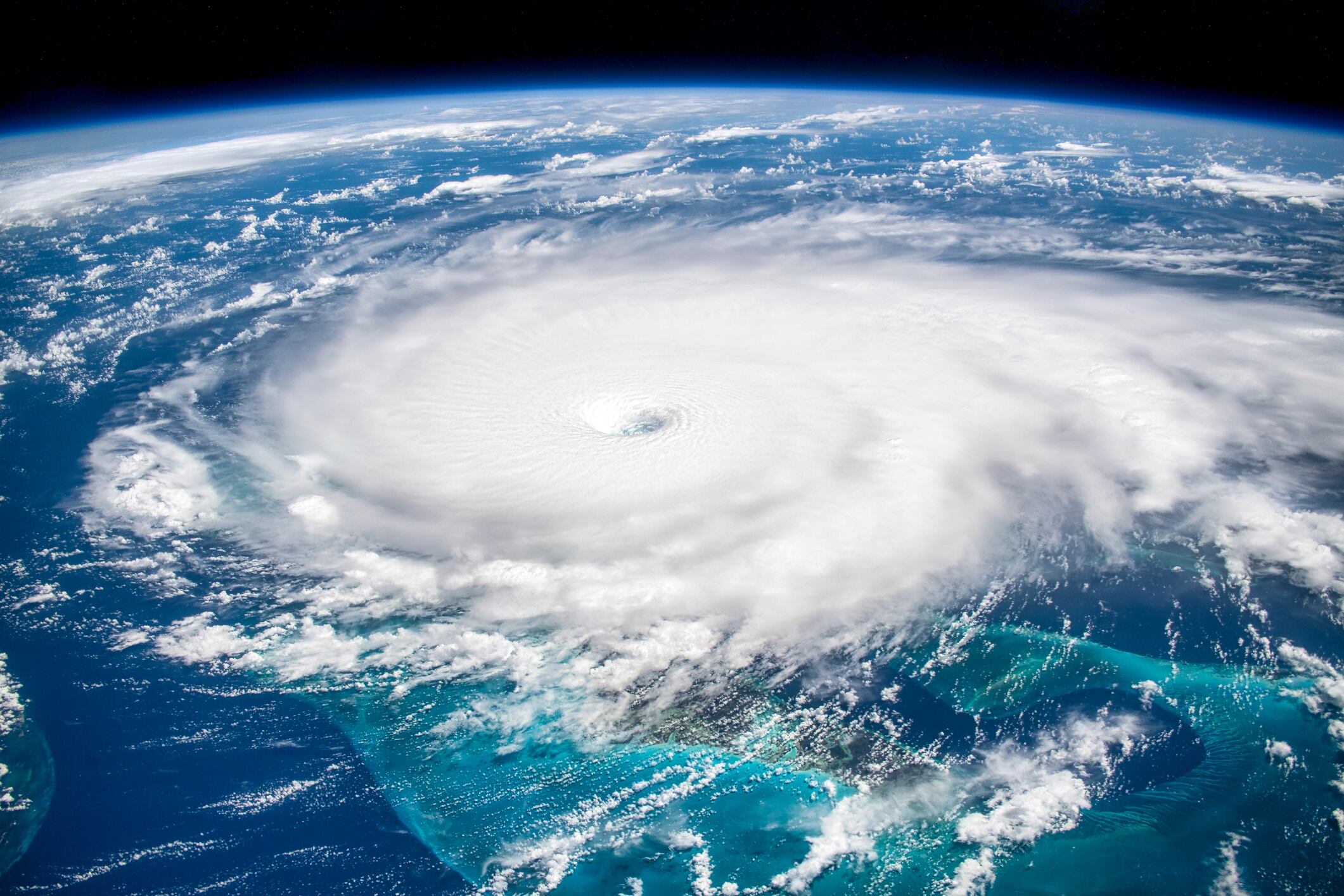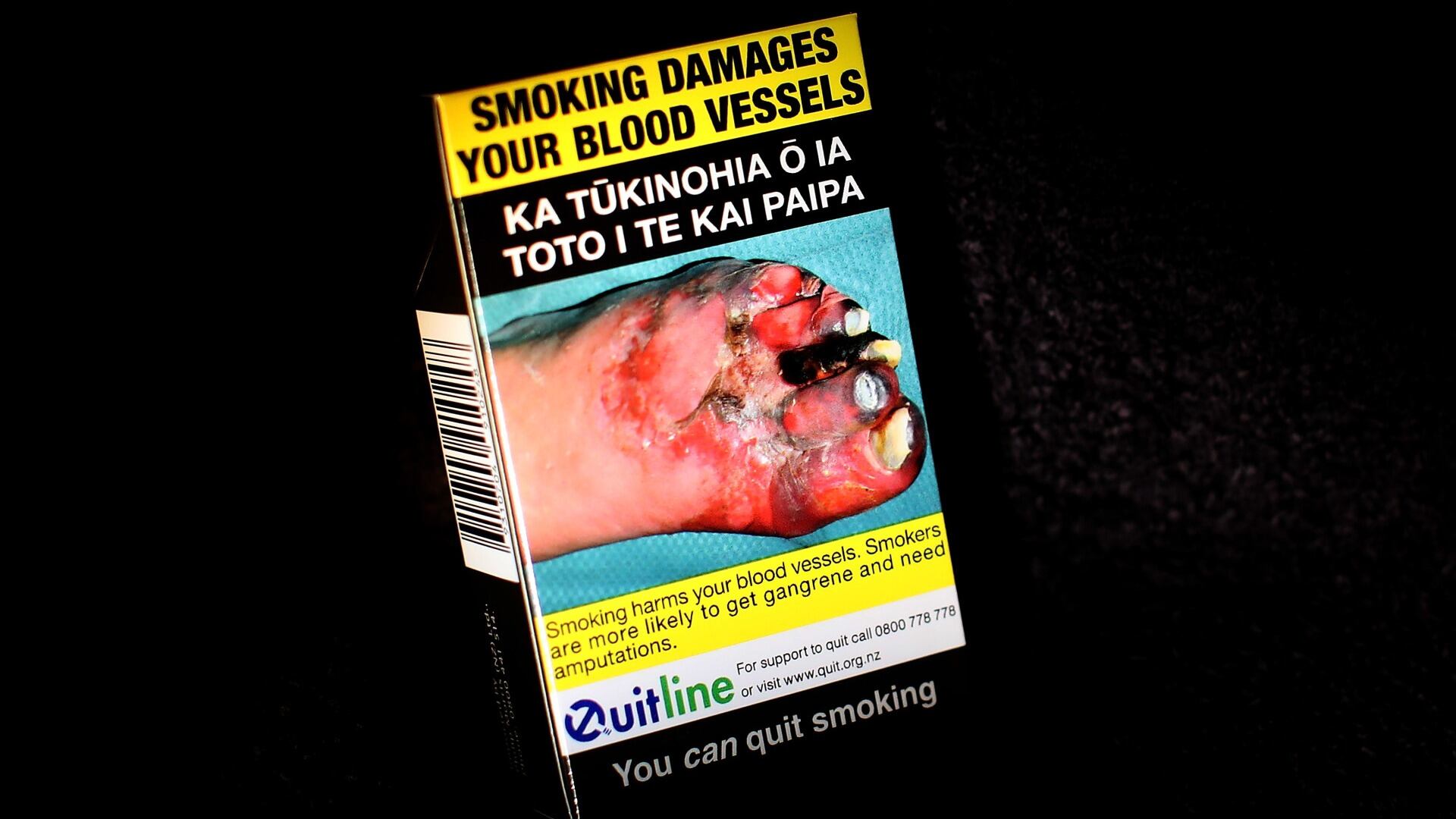A new study has found that most Americans think it's OK to put tap water in medical devices such as humidifiers and neti pots, but experts say this is unsafe.
The journal Emerging Infectious Diseases found in a survey published earlier this month that 50 percent of respondents said it was OK to use tap water for nasal rinsing. However, because tap water is not sterile, this practice can lead to serious and sometimes deadly brain infections.
"If you think about how we smell, those nerves go directly from the top of our nose up into our brain," Dr. Kara Wada, an allergist and immunologist with the University of Ohio, told Cheddar News. “In some instances, that might be a direct conduit for infection."
Some easy ways to stay safe, Wada explained, include buying distilled water from a grocery store. For nasal rinsing, she advised buying premixed saline solution from a medical supplier.
You can also always boil your tap water and make your own salt-water solution.
"It needs to boil for about one minute," said Wada. "If you're at a higher elevation, that will need to be extended to about three minutes."
She added: "I wouldn't get too scared, but I would also just take these extra steps to ensure that you are doing this safely."












